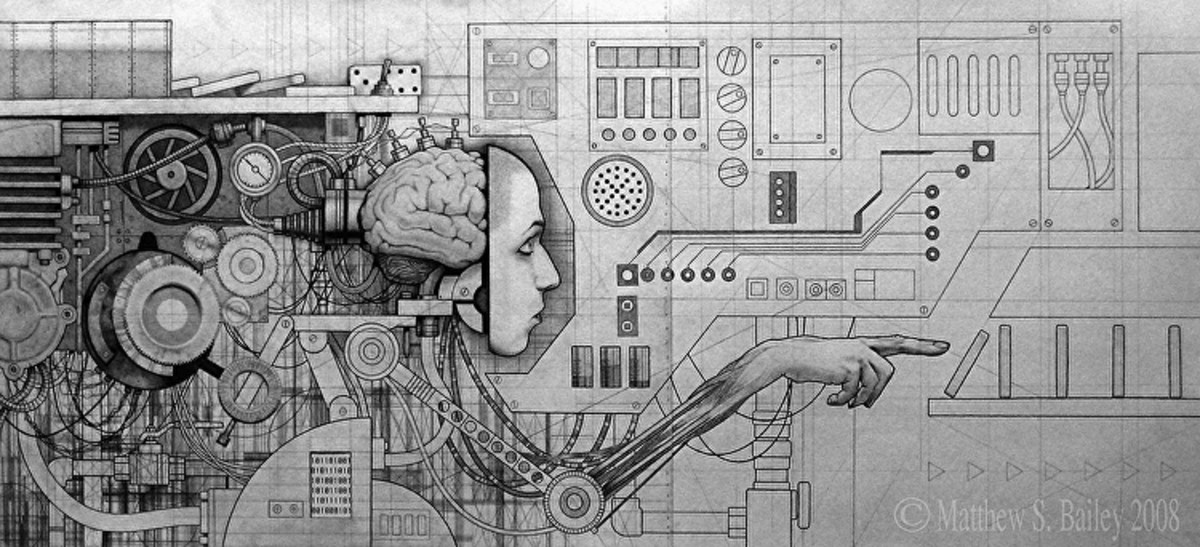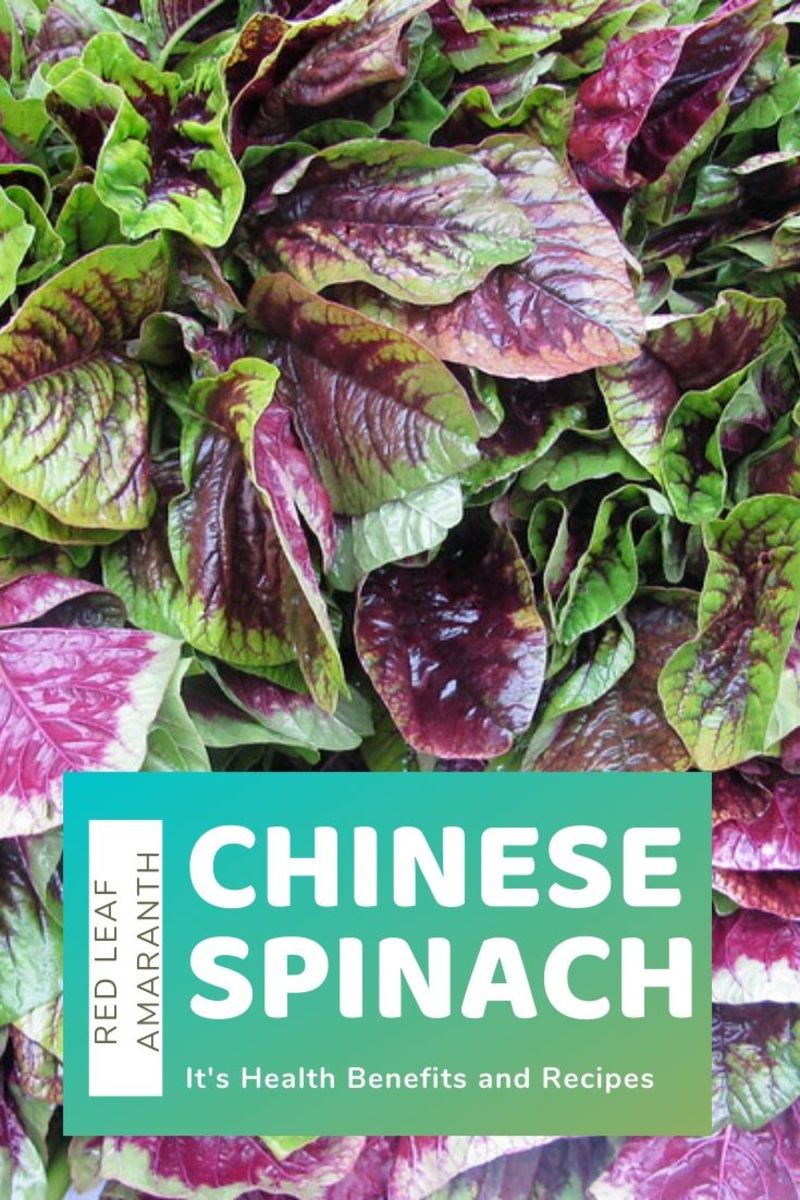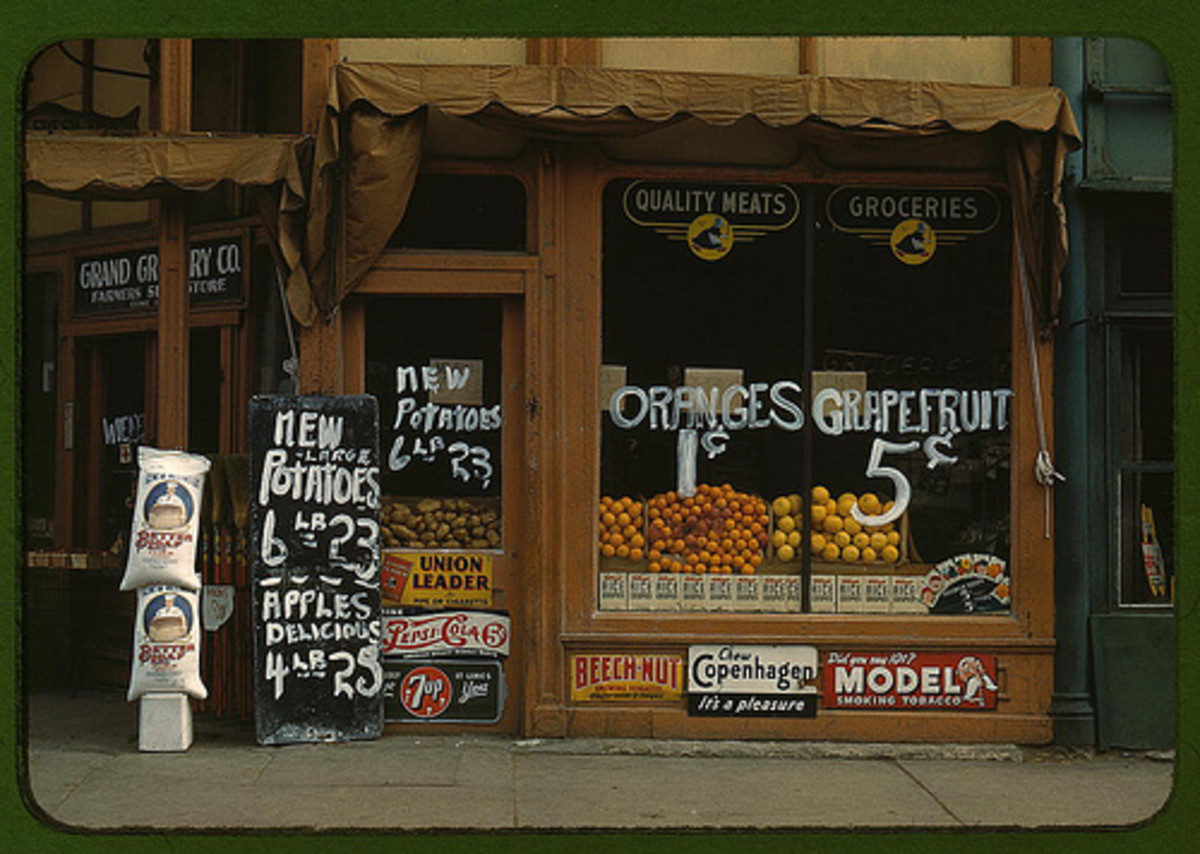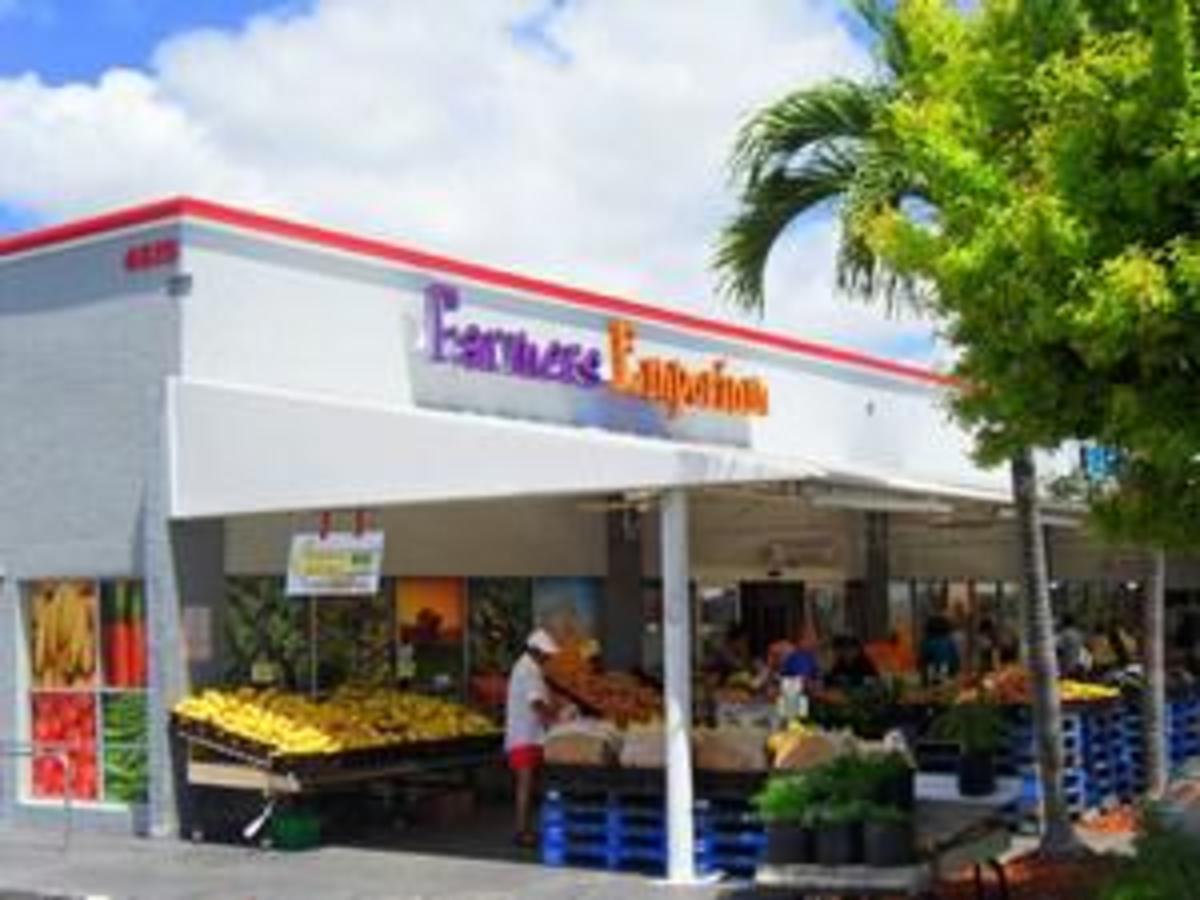The Illusion of Choice in Supermarkets.
The food industry itself refers to a range of businesses that supply supermarkets with food, ready to be consumed by us. Even if the producers are half way accross the world, they will ship and supply any other buyers who purchase their products. Sometimes the balance of the exchange is not always sufficient as poorer countries work hard to sell their produce, and wealthier countries pay little to have it shipped in. This can also be detremental to the environment, as well as provoking bad habits of depending on other countries for food- so if we cannot import from other countries we would be stuck. Without a self sustaining country it creates a strain on the economy due to investments that are valued by only a few, and not to the many. Another reason why the process of growing foods on a mass scale is bad for the environment is because to do so we have to wipe out hectacres upon hectacres of natural habitats, thus creating an imbalance in the ecosystem. The ecosystem as well as the cycles of life.
Same sources, seperate sticker!
One example of how one company can own many different ones, is Nestle. Nestle is one of the largest food company in the world, it owns over 100 different brands. The same people who bring you unhealthy sweets are the same people who bring you baby food! Would you really trust someone who condones unhealthy snacks to feed your newborn?
An example of a few corporations with numerous businesses.
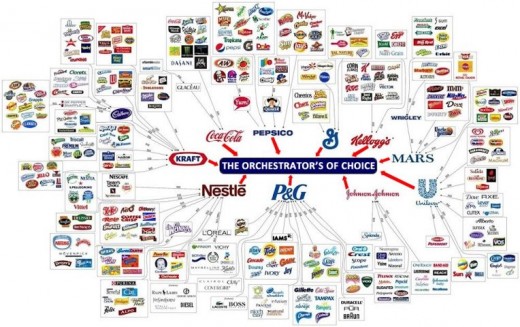
Conflicting motives in companies?
- http://www.nestle.com/aboutus/businesses/nestle-health-science
"Nestlé Health Science aims to champion the role of nutritional therapies" - http://www.nestle.com/brands/allbrands/smarties
But they still want to sell you Smarties!
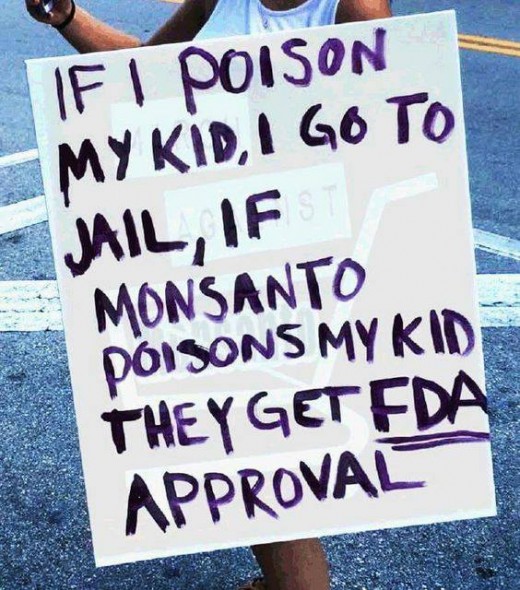
Market Managing - Hidden Behind Labels
Market managing is a way of describing a job that requires the skill to make the public want to buy a product, through persuasive advertising without necissarily innovating the actual product. For example: Shreddies is a breakfast cereal produced from shredded wheat, and eventhough the cereal shreddies have not changed, it has been re-branded and re-packaged over 10 times through market managing, as customers weren't interested in the bland product... putting 'make up' on so to speak, made people more attracted to the product. Making a favourable impression of a product through the customers ignorance is one of the techniques used. "Farm Fresh" makes a customer feel more confident, eventhough the label could actually mean a concentrated animal feeding operation; but that wouldnt fit on the label. The basic principal of marketing is the right choice of words, making the public feel more comfortable in what they see- eventhough words are open to interpretation and often has 3 different meanings. The average consumer does not care to think where the food has come from, which makes them more susceptible to market managing. The power of willful ignorance cannot be overstated. The systemized cruelty on such huge scales in animal agriculture is only continuing because people are prepared to look the other way; and market managing helps that.
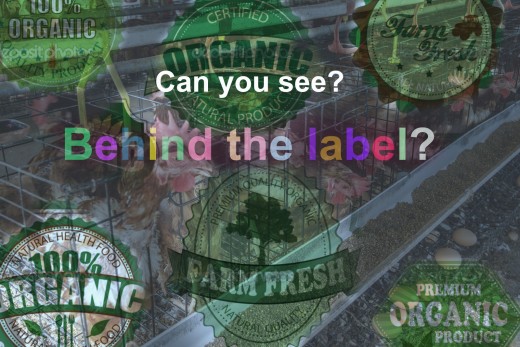
Consequences of Industrialised farming
The consquences are already countless. From pollution to starving the Earth's resources - this practice of industrialised farming has been done on such large scales already, so the evidence is seen in nature. Biodiversity has reduced on a scary scale, as using pesticides to keep the bugs from eating the crops as well as other consequences of disrupting the balance. The aftermath has created a continuum of reactions in the food chain of wild animals, so many animals have been going extinct because of their habitat being affected by humans, as well as plants. For example the Eastern Cougar was a beautiful cat that went extinct last year (2015) due to deforrestation in it's own habitat. There are many victims of our society, and more and more animals are dying daily for our own superficial gains just like hunting for sport.
There are some videos below that have more information relating to this article. It is valuable information that should be considered greatly. Thanks for reading.
A very Educational Article on the productions of Chicken Eggs.
- Organic eggs vs. free range vs. cage free eggs
Which eggs are better: organic, pastured, free range, cage-free or battery eggs? A number of factors contribute to the answer: nutrition, contamination risks, animal welfare and environmental impact.

